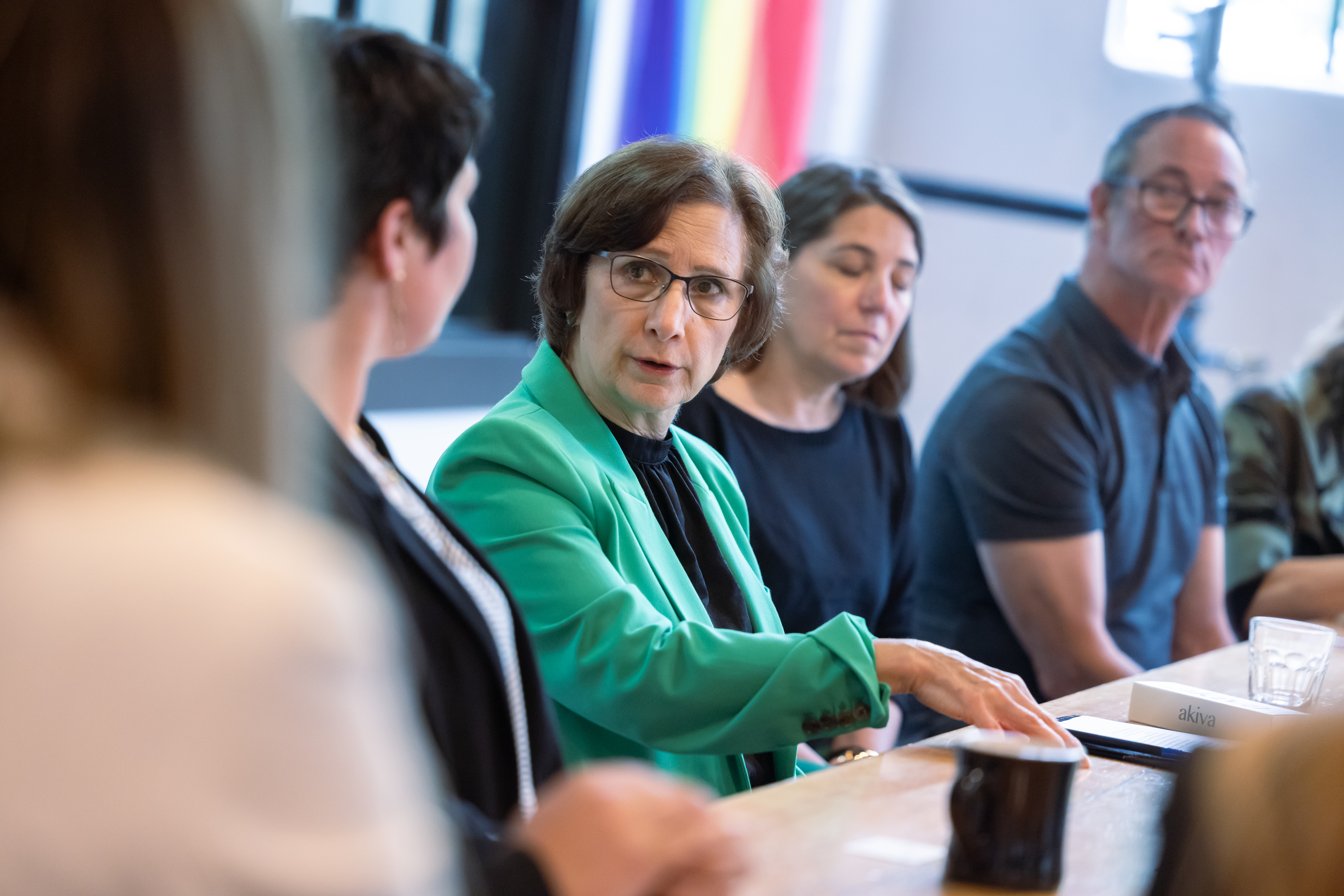Capital Chatter: Republican governor nominee will be chosen by very small pool of voters
Published 5:54 pm Thursday, April 14, 2022

- capital chatter logo
Roughly 4% of Oregon’s voters will choose the state’s Republican candidate for governor.
That estimate comes from pollster John Horvick, senior vice president at DHM Research in Portland.
It stems from the fact that 19 Republicans are on their party’s gubernatorial ballot at the May 17 primary election. Some have legitimate chances to win. More probably believe they do.
“When the Democrats look weak, it inspires lots of Republicans to run,” Horvick said. “When lots of Republicans run, the winner makes it though the primary with a small share of the vote. But because Democrats are weak, the Republican is still competitive in the general.”
The enticing question becomes, will those 4% yield a candidate who can appeal to a broader swath of Oregonians in November?
The Democratic race is generally seen as a contest between two Portland-area politicians – former House Speaker Tina Kotek and State Treasurer Tobias Read – but 15 people are on the ballot.
And well-funded independent Betsy Johnson is waiting in the wings.
Horvick bases the 4% estimate on historical data – about a 50% voter turnout in the GOP primary and the winner receiving 35% of those votes.
Kevin Mannix won the 2002 Republican primary with 35% and Chris Dudley won in 2010 with 39%. They came closest so far this century to ending the Democratic hold on the governor’s office.
Though Democrat Ted Kulongoski won the 2002 general election with 49% of the vote. Mannix gained 46.2%. In 2010, Democrat John Kitzhaber returned to the governorship with 49.3% of the vote, but Dudley was close with 47.8%.
In contrast, Gov. Kate Brown claimed a majority four years ago – 50.1% to Republican Knute Buehler’s 43.7%.
The strong showings by Mannix and Dudley occurred at times when DHM Research surveys showed keen dissatisfaction with the state’s direction. This year, the satisfaction level – headed in the right direction vs. on the wrong track – hit the lowest level in 25 years. Meanwhile, the latest voting registration figures from the Secretary of State’s Office show Republicans gained about 1,300 voters in the past month and Democrats have lost that many.
Eleven of the Republican candidates turned out last week for a two-hour debate sponsored by Timber Unity on natural resource issues. All 11 stressed their conservative credentials and commitment to the timber, agriculture and related industries.
Among the comments:
Brandon Merritt said Republicans are well-positioned to win. He was the rare candidate who said that to do so, Republicans must be able to reach the political center – not changing their conservative values but evolving. He noted there are more non-affiliated voters in Oregon than either Republicans or Democrats.
Dr. Bud Pierce talked about how to get agencies on the side of the timber industry and about the need to expand Oregon’s Right-to-Farm Law. Bob Tiernan said conserving water was the best way out of drought, but he also advocated building more reservoirs and canals and exploring cloud seeding.
Stan Pulliam was among those vowing to trim the state workforce.
Christine Drazan and others praised Timber Unity’s carbon emissions proposal that countered Gov. Kate Brown’s carbon tax and trade plan. “It was Kate’s way or the highway. And let’s be honest, for House Republicans we chose the highway,” Drazan said.
The candidates were cordial to one another but, unsurprisingly, not to Brown and Democrats.
“Republicans aren’t perfect. But the other side, a lot of them are really crazy,” said Court Boice.





